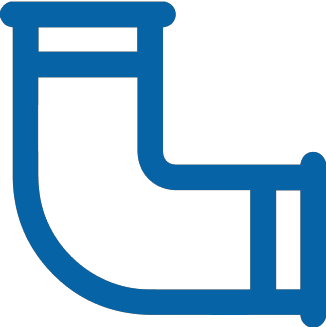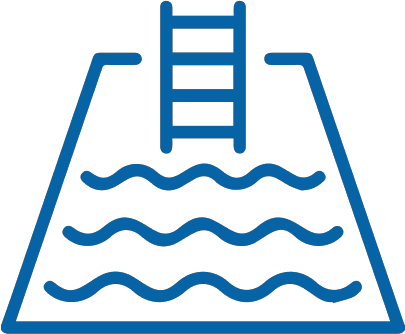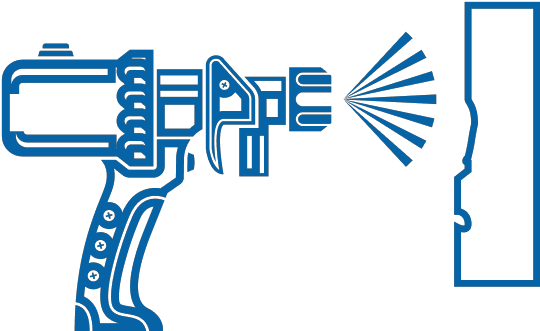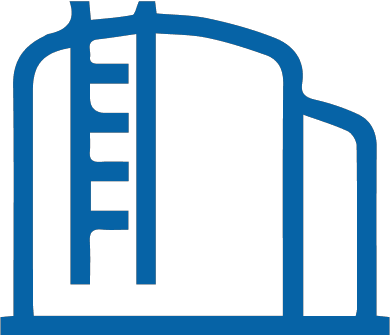wastewater / sewer
corrosion protection

Unseen Dangers Below:
The Corrosion Crisis in Sewer Systems
When sewer systems operate, they’re mostly invisible to the public. Wastewater flows, unseen and unnoticed, through pipes from homes and businesses to treatment plants, where it is cleansed and returned to the environment. But standing pools of water and foul odor—signs a sewer is not functioning properly—are becoming more and more common. According to NACE International, corrosion is the biggest issue facing underground infrastructure. Most sewer systems were built a century ago when corrosion management solutions and techniques were limited. These are approaching the end of their functional lives, primarily due to corrosion.
POLYUREA Application TECHNOLOGY
Developments in spray technology have popularized polyurea for applications such as wastewater and sewer protection; thus, other coatings such as epoxy coatings are easily replaced by polyurea spray coatings. The main advantages of a spray system are the speed of application, quickness of curing, and accuracy of the resulting coating thickness.







































